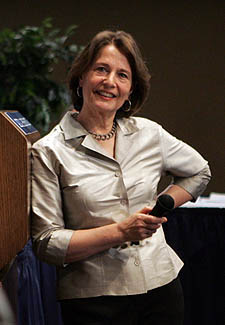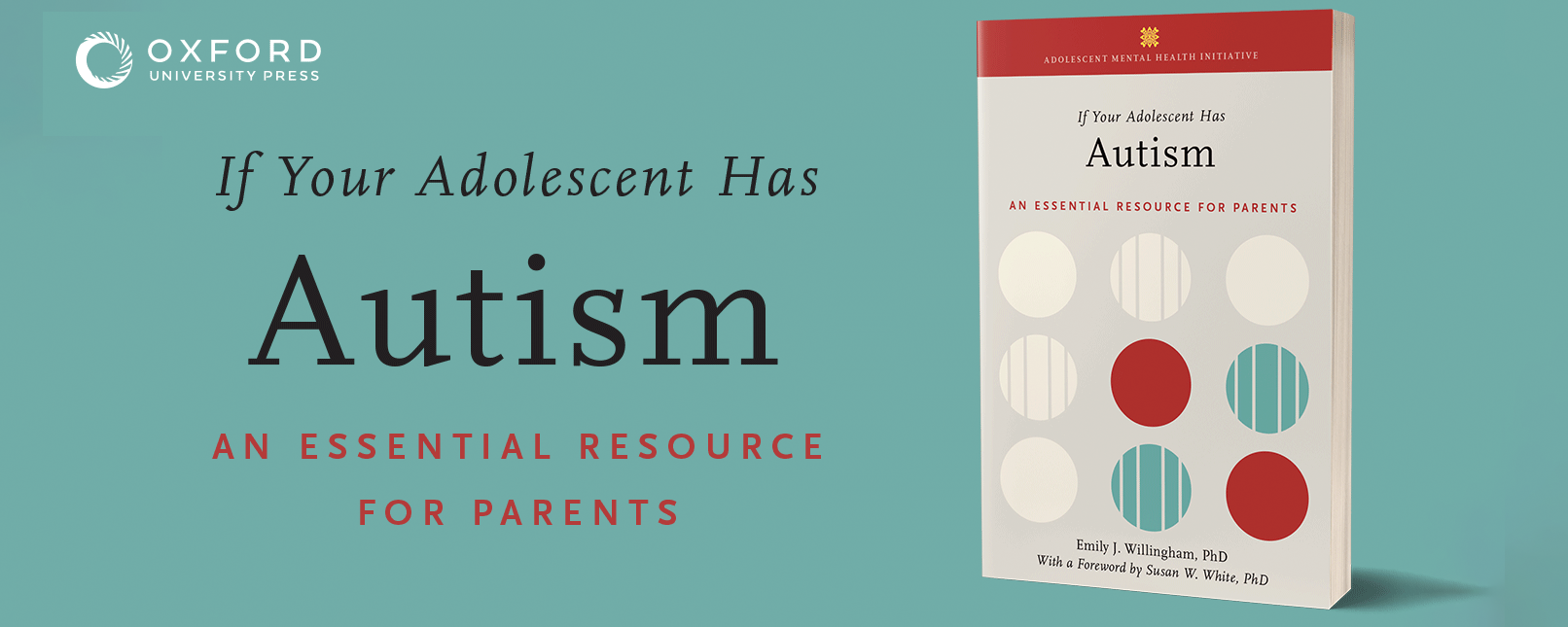
For more than a year, Geneva Overholser has probed journalism’s future. That ultimately has led to this, a manifesto for change. Here, Overholser talks about her findings:
You have written that journalists are “clinging to the past by our fingernails.” What do you mean?
I think our craft has undergone such a buffeting in the past couple of decades that all of us believe, or have come to feel, that the best way to protect it is to hang on to what has been. That’s understandable – but it doesn’t work for the future.
Why have journalists been so reluctant to accept change?
When I was editor of the Des Moines Register and wanted to make changes, I realized that so many of those changes inspired fear in the newsroom in part because there was the assumption that they were being dictated by our corporate masters, or were designed to make us into marketers – to return more money. We have been subjected to many of those demands over recent years, so I understand that fear. It’s made us feel that all change has to be avoided. But in fact we must embrace change.
What are the consequences if journalists do not embrace what you call “the panorama of possibilities” on the horizon?
We’re seeing the consequences of that every day, from the people who are eating our lunch online – people who are doing all kinds of interesting things. The fact is that we who care about this particular kind of information-gathering and writing that we call journalism need to be the most enthusiastic about taking it new places. We need to care about the quality of the information that exists in the digital world. If we aren’t eager to be there because we think journalism in the public interest exists only in the “old media,” then we’ll have poorer quality information online, dominated by others only too willing to provide it, people who don’t necessarily bring the same principles with them.
We seem to feel the only way we can work is to work the way we’ve always done it. That’s just not true. We will ride those yearnings for the past right down the tube. Somebody else will be there delivering all that information and it won’t be us. The citizens won’t be as well-served and we surely won’t be flourishing either.
It just amazes me how many things are going on. I know why people feel such doom and gloom. But there are so many possibilities, and I am eager for people to move on to those. I’m ready for something better.
Other than journalists, to whom is this Manifesto addressed?
It’s addressed to those who own media companies or those who would like to own them. It’s addressed to nonprofits that do journalism, that fund journalism or support it through training or other functions. It’s addressed to citizens who are increasingly concerned about what’s happening with the media. It’s addressed to board members of media companies and to elected representatives who hold in their hands the keys to all sorts of things.
The question of how well journalism survives this period of unsettlement is one of the most important questions facing the country today. We can’t govern ourselves, we can’t thrive as a democracy without journalism.


